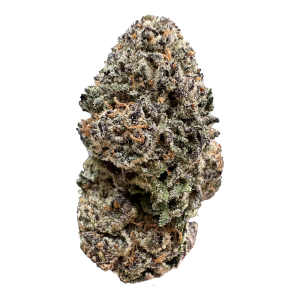Constipation occurs when bowel movements become difficult or less frequent. The normal length of time between bowel movements ranges widely from person to person. Some people have bowel movements three times a day; Others, only one or two times a week. Going longer than three days without a bowel movement is too long. After three days, the stool or feces become harder and more difficult to pass.
You may be constipated if you experience the following issues for three or more months:
- Have only two or less bowel movements a week
- When you do have bowel movement the stools are hard at least 25% of the time.
- Bowels do not evacuate fully 25% of the time
- Two or fewer bowel movements in a week
- Straining during bowel movement at least 25% of the time
According to the Canadian Medical Association Journal “The prevalence of constipation rises dramatically with age, with some estimates approaching 50% among adults over 80 years of age. Up to 40% of seniors living in the community and 60% of those in institutions are affected. Lower socioeconomic class, regular medication use and symptoms of anxiety and depression have all been associated with increased prevalence of constipation among older people.”
Prescription pain killers such as (Opioids) and other painkillers, are notorious for causing constipation in patients. The medication can mess with your digestion and cause constipation by slowing down or stopping peristalsis, which is a wavelike series of muscular contractions that push the food through the digestive tract and help push it into the small intestine. The medication does this by sending messages along the nerves inside the spine and intestines that cause the intestines to squeeze on both ends of the stool so that it is trapped and can’t exit the body.
The treatment for opioid induced constipation is usually laxatives and /or cathartics, which are taken at the same time as the painkiller to treat the constipation immediately. The laxative softens the stool and the cathartic accelerates defecation. Laxatives can sometimes cause stomach cramping, diarrhea and nausea and prolonged use should be avoided. Long term use of laxatives can actually cause constipation, which defeats the purpose of the laxative.
Consequently chronic constipation can result in, hemorrhoids, bowel obstruction, bowel rupture, as well as upper gut dysfunctions, including gastroesophageal reflux disease., so it needs to be managed and not treated lightly.
Can medicinal cannabis be used to treat opioid induced constipation? There is a suggestion that the anti emetic properties in cannabis may aid in the management of constipation. “Ingesting, smoking or vaporizing cannabis extract can relax the bowels, although most of the evidence is anecdotal from cannabis users so more research needs to be done.
There is however a lot of research demonstrating that Cannabis is a very effective pain killer and can help patients on Opioid painkillers get off the highly addictive drug
Article sources:




Very good website – bookmarked